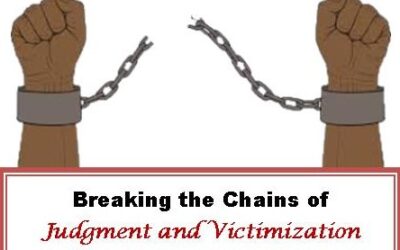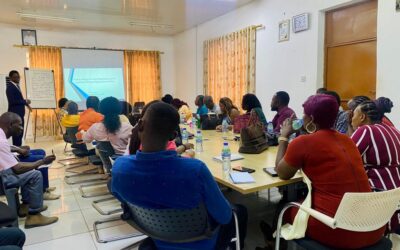The case of the State v Alie Suma, Dr Richard Konteh and Leslie Peter Coslie has once again sparked discussion about the allegedly high scale of corruption in the public sector. The Centre for Accountability and Rule of Law (CARL) respects the rights of the accused in this matter, and fully understands that they are presumed innocent until proven otherwise.
The arrest and arraignment in court of Alie Suma, Dr Richard Konteh and Leslie Coslie followed a press release dated 10th June 2014 which relieved Dr. Richard Konteh of his post as Chief of Staff at the State House of the Republic of Sierra Leone. The release stated that he was “not open or transparent in the conduct of official negotiations for a mining agreement with a private sector operation, thereby violating established policy, undermining the existing institutional arrangements and exposing the government to potential loss of revenue.” It added that he was also involved in another matter concerning illegal timber exportation currently under investigation by the Sierra Leone Police. Consequently, Dr. Konteh was arrested to join Mr. Alie Suma, Managing Director of Timber Processors and Exporters (SL), and Leslie Peter Coslie, a former customs officer for related offences. They are before Magistrate Komba Kamanda of Magistrate Court Number 2 in Freetown for preliminary investigation.
Mr. Alie Suma is facing 17 count charges of conspiracy, altering documents and willful evasion of export duties contrary to the 1913 Forgery Act and the Evasion of Custom Act 2011. Dr Richard Konteh is charged on two counts of Conspiracy and Forgery, while Leslie Peter Coslie is facing only one count of conspiracy.
The accused persons have all pleaded not guilty, and the prosecution has begun presenting witnesses to support its case, with the first witness (PW1) being the Acting Director of Forestry in the Ministry of Forestry and Agriculture. The second witness (PW2), the Senior Permanent Secretary in the Ministry of Trade and Industry, has also testified. After successive applications for bail by the defence counsel on behalf of their clients, pursuant to Section 79 of the Criminal Procedure Act 1965, Magistrate Komba Kamanda on 10th July 2014 released the accused persons on a bail bond of one billion Leones each (approximately $220), and two sureties who must be residing in the Western Area (Freetown) and must produce title deeds worth the same sum to the Consultant Master and Registrar and their travel documents. CARL will continue to monitor proceedings as Preliminary Investigations continue in the Magistrate Court.
The press release from State House announcing the reasons for dismissal of Dr. Richard Konteh as Chief of State once again raised the troubling issue of corruption in the public domain yet again. While CARL recognizes the efforts of the Anti-Corruption Commission in the fight against corruption, there are increasing concerns among recruitment process of the police needed reform, noting that the process often lacks transparency and is often not independent of political interference, which was perceived to have a causal link to the high incidence of unprofessional conduct among some personnel. At the end of the seminar, the participants proffered the following recommendations toward improving police accountability:
Public education and feedback on the CDIID’s activity should be done on sustainable and regular bases to enhance public awareness of the CDIID’s work. There is also need for the CDIID to provide a website or a toll-free hotline for citizens to file complaints. The Independent Police Complaint Board (ICPB) should work hand in glove with the CDIID to avoid some of the mistakes of the latter. It was also recommended that a mechanism needs to be created whereby persons aggrieved with the decision of CDIID can file an appeal with the IPCB.
It was also recommended that the Police Council be reformed. In particular, the participants suggested that to make the police more independent and accountable to citizens, the Police Council should be constituted and headed by apolitical groups and persons. They also reiterated a strong need for the implementation of the United Nations Rules for Treatment of Female Prisoners.
It was also recommended that entry requirements into the police force be raised in order to build a more professional and educated police force. In addition, the leadership of the police force should organize/fund refresher training courses for police officers, particularly those who investigate crimes or respond to riots. The need to improve salaries, involve relevant stakeholders such as civil society organizations and community leaders in the selection and recruitment processes of police officers, and to consistently monitor the activities of police personnel was strongly recommended. Going forward, establishing and operating a coherent chain of command and management structure; incorporating transparency and accountability standards in investigation procedures; ensuring an independent civilian oversight of police activities, and prudent and accountable use of available resources and processes are critical for an effective police institution. These recommended reforms are critical to ensuring that the Sierra Leone Police perform their duties to the highest professional standard possible



